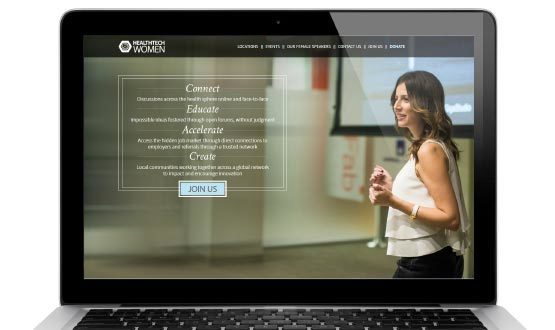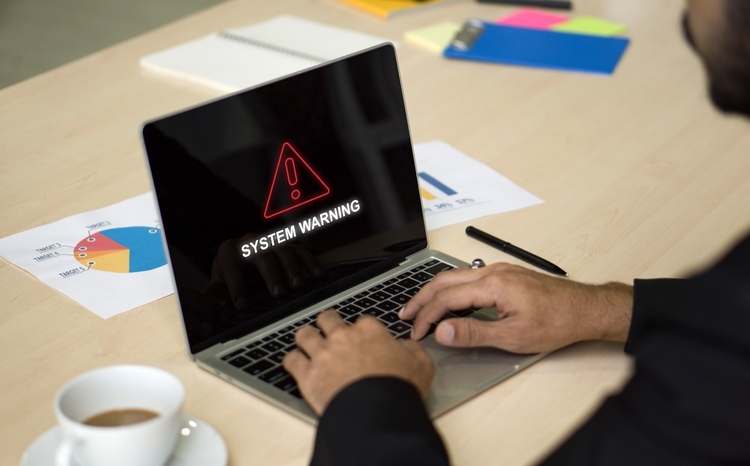HealthTech Women launches in Leeds
- 4 April 2016

A network for women working in healthcare technology is about to launch a chapter in the North of England, after arriving in London from the US last year.
HealthTech Women, a global, non-profit organisation that looks to promote women working in the pharmaceutical, medical device and IT and life science industries, will launch its Northern Hub in Leeds next week, on 13 April.
The first HealthTech Women chapter was set up in 2013 in San Francisco, to provide space for debate and networking and to encourage career support – including for girls interested in tech careers. The idea was brought to England with the launch of a HealthTech Women for London in 2015.
UK managing director and London lead, Maxine Mackintosh, told Digital Health News: “HealthTech Women started in California a couple of years ago because a couple of women were bored of being the only women at conferences, and never hearing from women.
“It has since spread to a lot of places in the US, and we have brought it ‘across the pond’. Since we launched in the UK in November, it has been very, very exciting to see how many people want to be involved.
“We have about 6,000 people using our different channels [which include both face to face meetings and social media groups].”
Mackintosh, who is studying for a nuero-data science PhD at University College, London, said HealthTech Women in the UK had three main goals.
“We want to provide a platform for women to meet, we want to support personal and professional development, and we want to advance women as conference speakers,” she said. “We see that as one way to give them more profile.”
Despite this, Mackintosh stressed that HealthTech Women events are open to both women and men. “We get great people at our events and we have an awesome time,” she said. “But we also want to engage men. We want this to be a very open network.”
The Northern HealthTech Women chapter is being led by Louise Sinclair, a former marketing director for McKesson who now works with NHS England, particularly on its open source and Code4Health initiatives.
She pointed out that there is a disconnect between the healthcare IT industry and its potential users, given that healthcare providers tend to employ more women than men and women are still expected to take on caring responsibilities.
“You would think that, with so many women working in health, there would be more women working in health tech,” she said. “There are new models of care coming through, and it is women who will be involved in them, so tech really needs to work for them.”
The launch of the HealthTech Women chapter in the North will take place at Future Labs in Leeds, which is close to NHS England’s Quarry House headquarters.
The event will include talks and panel discussion from Beverley Bryant, the head of digital technology at NHS England, Anne Cooper, the clinical digital champion at Locala Community Partnerships CIC, Victoria Betton, director of mHabitat, and Emma Cheshire, chief executive of Dotforge.
Further information about the event, HealthTech Women, and ways of getting involved are available on the HealthTech Women UK website.




